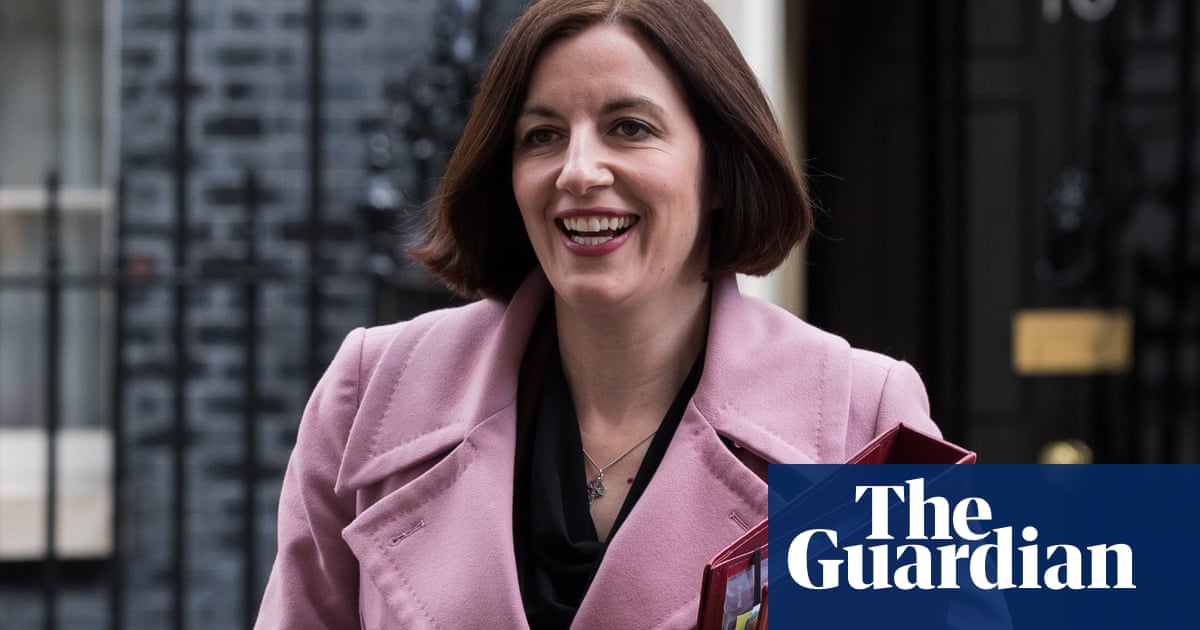I’ve never been a good liar. I can trace it back to my early school days, where my excuses for unfinished homework were never convincing, or I’d guiltily double back on even the smallest of fibs. With a knowing look, my mother would say: “Georgina …” She instilled a reverence for the truth, which was bound to the idea of doing the right thing. She wasn’t wrong: building trust is crucial in forming strong bonds in any relationship dynamic.
But, like most teenagers, I gently smudged the boundaries of truth, from concealing my bellybutton piercing, to “borrowing” my brother’s car to meet a boy I fancied. Notably, my untruths were told in the knowledge that they would probably later be discovered (although I hadn’t banked on the flat tyre) and, looking back, they were often linked with an early exploration of my sexual identity.
After the pandemic, and the end of a long-term relationship, I returned to the flat I shared with a friend and signed up to a dating app – using a fake name. I have always been a sucker for disguise – give me a themed party and I’m there in a wig, a cowboy hat and a fake moustache – and the app I’d chosen, Feeld, allows users to pick an alternative name, or an alter ego.
Feeld promises a slightly spicier variation on online dating than usual. You can match with people looking for monogamous relationships, but also myriad other dynamics: open relationships, parties, couples looking for a third person (or “unicorn”) to join them, for example. It aims to be inclusive of all genders, sexualities and kinks in a consensual, safe setting. The pseudonyms are not intended to be duplicitous, but to create space to explore a new persona. Sign me up, I thought. Enter “Anna”.
Dipping my toe in this brave new world felt like walking barefoot and drunk at Disneyland. I was greeted by people using the names of film characters, innuendoes, random objects, initials. Most had a “normal” first name – some their real name, but more often than not their middle name or, like Anna, one chosen at random. For me, dating had always been a strange liminal space between my private and public self, but this was another level.
There is something joyful in becoming a different person for a small window of time. I learned a whole new language, filled with acronyms and displayed in Technicolor. As Anna, I had the armour to reveal for the first time – publicly, but also to myself – what I wanted to explore romantically, including dating men and women. It felt overwhelming, but also thrilling.
Under the “wig” of Anna, I could feel myself being more relaxed with my matches. Disguise is sexy and inherently comical, so it helped bring humour to my connections. The quality of conversation was much better than I’d had on more “traditional” dating apps, which sometimes seem set up to regurgitate a CV in place of a profile. I knew my matches and I wouldn’t easily be able to look up each other on social media and I found I made fewer assumptions based on information such as job titles, which were not shared as a matter of course.
I should caveat that, as with any dating app, having a different name didn’t make me immune from the many pitfalls of modern dating. Anna certainly wasn’t a one-stop solution to avoiding the shame or scrutiny that women, in particular, can often encounter within a romantic or sexual context. But using a fake name felt like a communal entry point; after I’d clicked with someone, I would always reveal my real name and they would reveal theirs. I enjoyed the ceremony of this moment – it felt like cracking open a Terry’s chocolate orange at Christmas.
“Anna” was hungry for adventure and keen to chase the fun of dating; she became the Trojan horse in some of my most ridiculous quests. It was a mindset that seemed to stick, even once my real name had been disclosed. I discovered many interesting, funny people operating under pseudonyms, including doctors, lawyers, TV writers and comedians who wanted, perhaps, some detachment from their professional selves.
For now, I’m lying dormant in the app, satisfied with a change of hair colour as my latest reinvention. I still believe there is value in seeing yourself through someone else’s eyes – and that can be hard to do when using a birth name, which tends to be tightly intertwined with your identity and experiences. Using a pseudonym may have started as a way for me to embrace my sexuality and discover alternative relationships, but it helped to sharpen my focus on what I want from life more broadly. It gave me a renewed confidence, which, in itself, feels like the kind of romance that is rare to find on the apps.
Per-Verse, written and performed by Georgie Wedge, is at Riverside Studios, London, 3-19 April

.png) 23 hours ago
4
23 hours ago
4













































